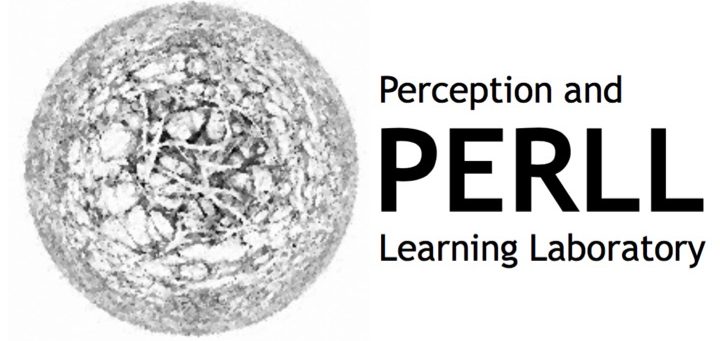Individual differences in implicit and explicit learning (2013-2018)
Research in psychology indicates that factors such as age, working memory capacity, and intelligence are more likely to play a role under explicit learning conditions (when subjects are told to consciously learn something, e.g. memorizing a list of words or grammar rules), but not under implicit learning conditions (when subjects acquire knowledge without intending to, i.e. as a mere by-product of exposure, as is the case e.g. in child language acquisition). Our previous research (Tagarelli, Borges Mota, & Rebuschat, 2011, 2014; Grey, Williams, & Rebuschat, 2014, submitted) suggests that this observation is likely to apply to the case of L2 acquisition, too. Thus far, however, no large-scale study has explored this important possibility in a systematic and comprehensive fashion. The individual differences project is an international collaboration involving researchers from Lancaster University (UK), the University of Cambridge (UK), Pennsylvania State University (USA), and the Georgetown University (USA). The objective is to investigate the role of individual differences in the implicit and explicit learning of L2 vocabulary, morphology, syntax, and phonology. In addition to classic behavioral tasks, the project will also involve the use of eye tracking and electronencephalography (EEG/ERP).
Members: Patrick Rebuschat, Simon Ruiz-Hernandez, Harriet Stone (Lancaster), Sarah Grey (Penn State), Kaitlyn Tagarelli (Georgetown), Kara Morgan-Short (Illinois), and John Williams (Cambridge). ADD PUBLICATIONS, IMPACT (e.g. PRESS).
Pages: 1 2
